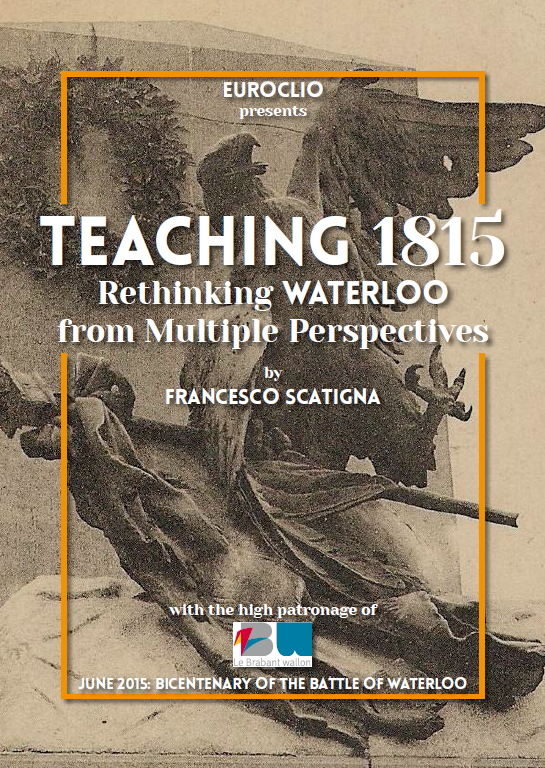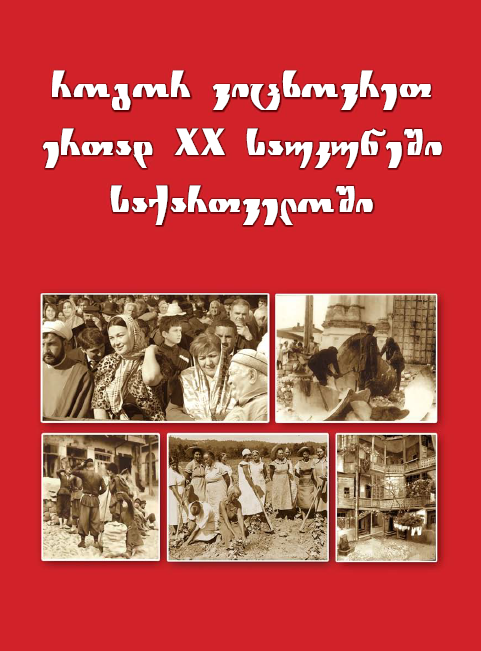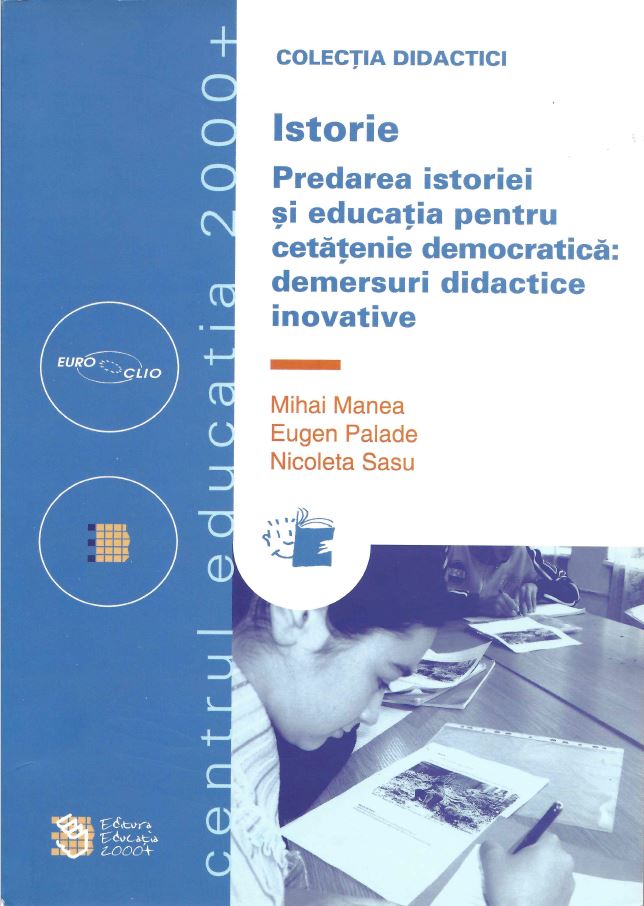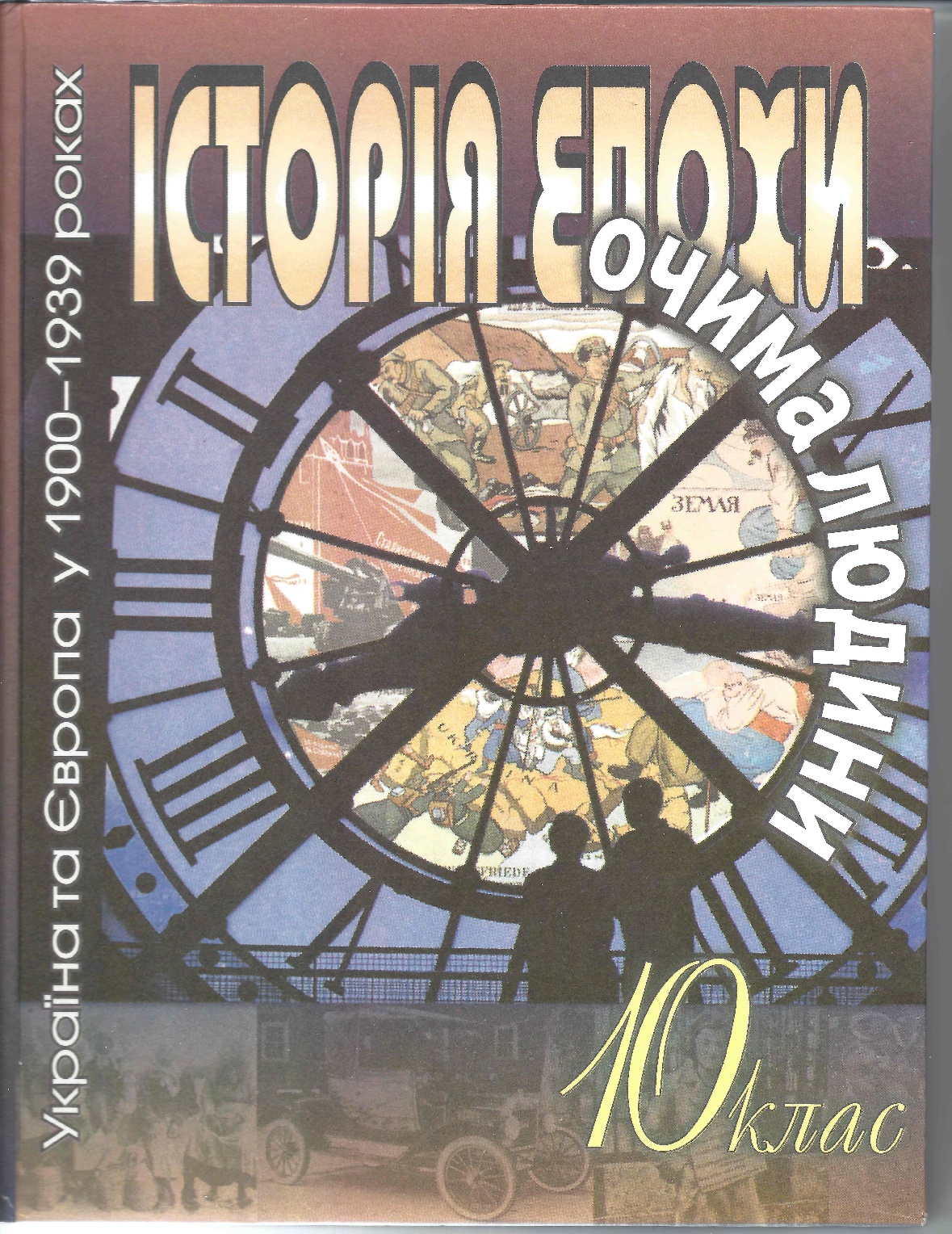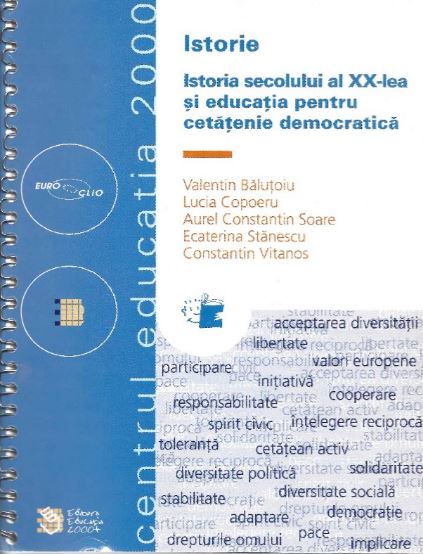The report on education policies and history curricula, made by the Georg Eckert Institute in Braunschweig, aimed to investigate education policies concerning digital learning in Europe. Specifically, political strategies by the European Union and by seven European states (Albania, Denmark, Germany, Greece, The Netherlands, Poland, and Spain) with regard to the digitisation of schools as well as the roles of curricula as schooling frameworks have been examined. The comparative analysis of the strategic and didactic level of education policy expressed in political guidelines and curricula allowed the study to reflect on the extent the digital resources developed as part of the Innovating History Education for All project correspond with educational policies and curricular respondents, and which challenges are currently being faces in the curricular adaption and implementation of digital learning. The research for this report was carried out between November 2015 and July 2016, the description of the education systems in each case study hence refers to the 2015/2016 academic year.

Teaching 1815 – Rethinking Waterloo from Multiple Perspectives

How we lived together in the 20th century in Georgia
How to teach history in a multicultural and multireligious environment? [...]

History Teaching and Democratic Citizenship Education: Innovative Teaching Approaches
In the context of the the project “Fostering History and [...]

History of the 20th Century and Education for Democratic Citizenship Education
In the context of the the project “Fostering History and [...]

